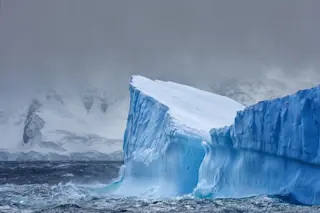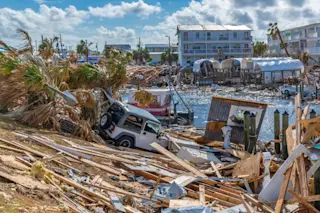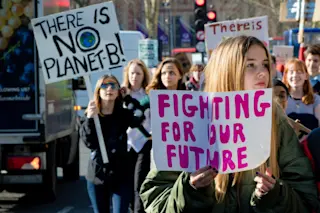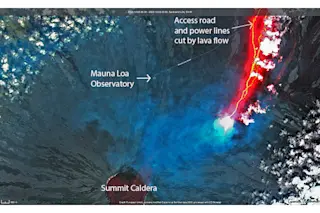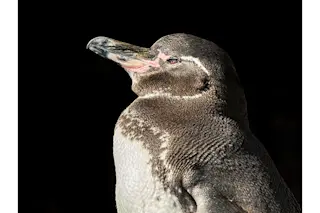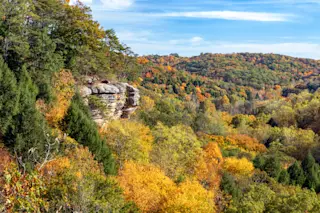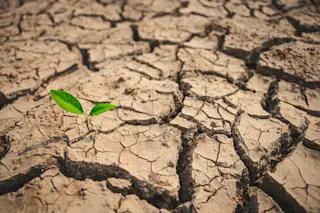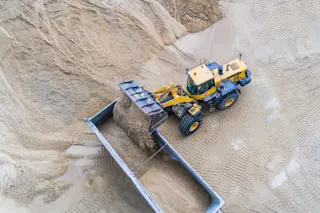If a picture, as the adage goes, says a thousand words, then I take umbrage to a picture of an emaciated Somali child being used as a prop in this post. For the meaning of it does not support the text. I went over to Climate Progress and left this comment:
The picture accompanying this post is of a Somali child. Neither climate change, nor the current drought in East Africa are primary causes of the tragic famine in Somalia. It's unnecessarily exploitive to use this child's picture to reinforce a climate change message. It's also misleading to suggest there is a meaningful climate connection to this picture of a malnourished child.
Joe Romm responded, which I'll excerpt here:
This is an absurd stretch, even for you, Keith. First, warming of the Indian ocean has been directly linked to the Somali drought, but you wouldn't know that as you hardly ...


